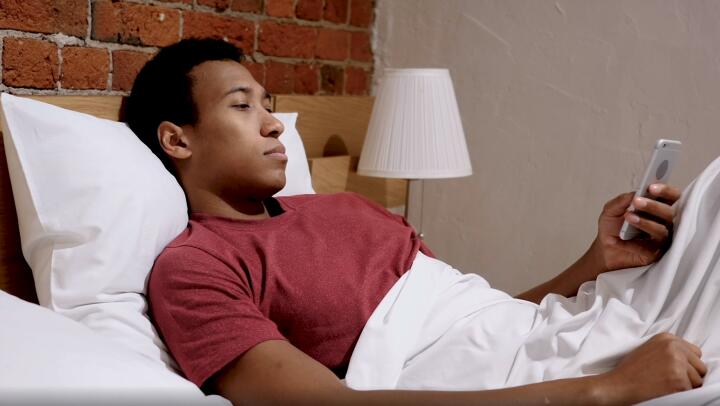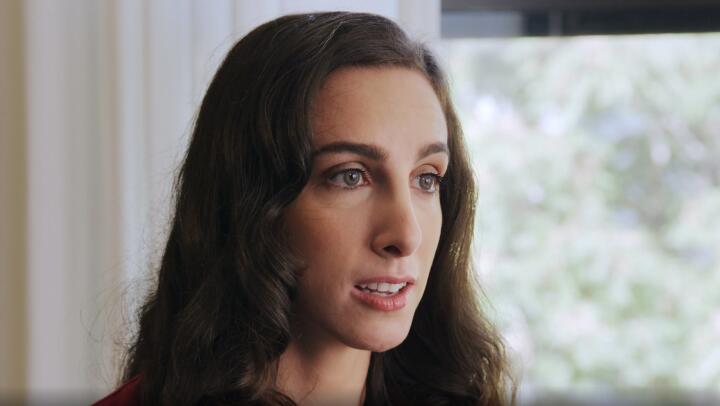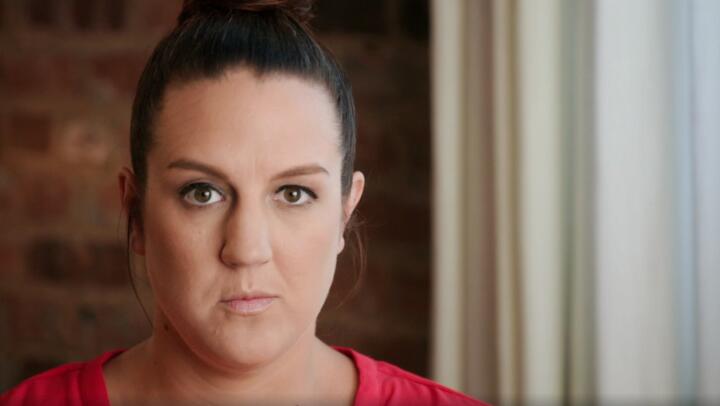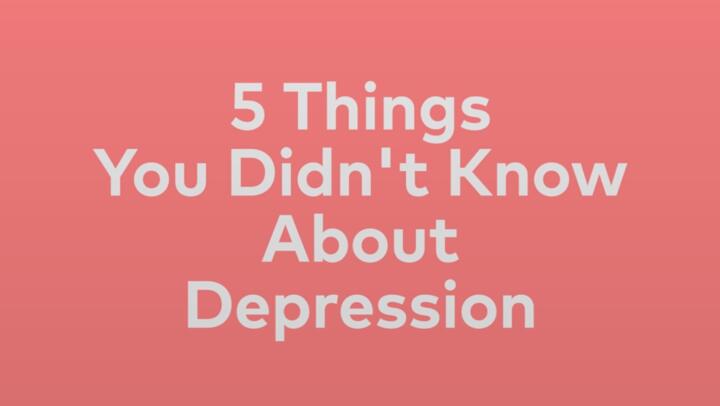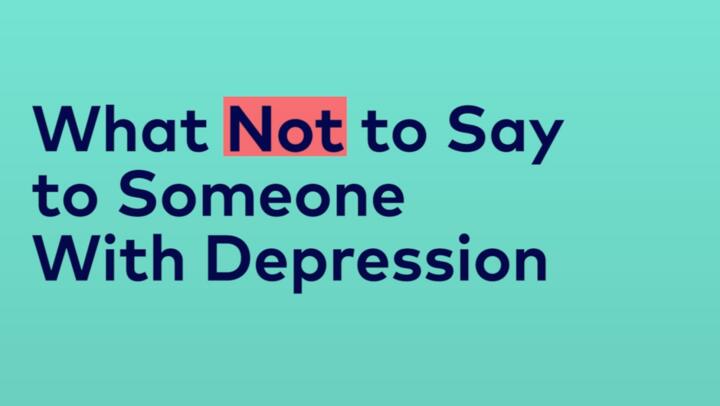
Until recently, if you needed treatment for depression, you'd have had to visit a psychologist, psychiatrist, or therapist in person. That’s not the case anymore. Thanks to telehealth, also called telemedicine, you can connect with your mental health provider right from home using your computer or smartphone. Why use telehealth? It’s an easy, effective, and increasingly popular way to access mental health care services.
1. Telehealth for depression is convenient.
Many Americans tried telemedicine for the first time during the COVID-19 pandemic, but the benefits of accessing care remotely mean it’s here to stay. Traveling to a medical appointment takes time and energy. It can be hard to spare any extra time when you’re already juggling work, a family, and other responsibilities on top of your depression.
With telehealth, since you’ll connect with your provider over a video chat or phone call, you don’t have to duck out of work early or hire a sitter. Gone is the drive to your provider’s office. You also save the time you would have spent sitting in the waiting room or looking for parking.
2. It makes mental health care easier to access.
Almost one-third of Americans live more than 10 miles away from the nearest mental health treatment facility. Those who have mobility issues or who don’t have a car will have trouble getting to a provider–even one who is close to where they live.
Telehealth erases these and other barriers by bringing the care to you. It allows you to see a provider far from home, and even in another state (provided that the psychiatrist or psychologist is licensed to practice in your state).
3. No one has to know.
Stigma is a barrier that can prevent you from seeking the mental health care you need. What if you were to run into a friend or your manager in the therapist’s office? When you get treated for depression at home, no one needs to know but you.
4. Insurance should cover the cost.
In the past, insurance coverage for telehealth was spotty, at best. The COVID-19 pandemic has changed that. Today, Medicare, Medicaid, and many private insurance companies will cover the cost of telemedicine for depression. Just check with your insurance provider before you book an appointment. Depending on your plan, you might still have to pay the deductible or coinsurance.
5. You may feel more comfortable.
No matter how much you like your doctor or therapist, their medical office can feel cold and impersonal. No place is more comfortable than your own home. You can do your visits anywhere, like a comfy couch, your kitchen table, or even your bed if that’s your safe space.
6. You’ll still get good quality care
The quality of care you receive is the same, whether you see a doctor or therapist in person or over telemedicine. Research finds that people who have their treatment sessions via telehealth are just as satisfied with their care as those who have in-person visits. You may actually have better results when you get care remotely, because you’ll be less likely to put off therapy.
Getting treatment is important when you have depression. When left untreated, it can have serious consequences, such as drug and alcohol misuse, relationship and work issues, and even suicidal thoughts or attempts. Telehealth has made receiving mental health care much more convenient. And when health care is easier for you to access, you’ll be more likely to use it.






